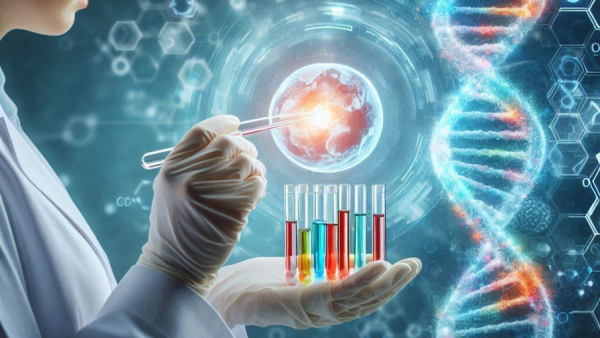
Challenges In Dealing Rare Diseases In Children
Dealing with rare diseases in children requires a multi-faceted approach involving improved diagnostic techniques, increased funding for research, better access to treatment, and robust support systems for affected families. Advances in medical science and technology offer hope for better management and potential cures for these challenging conditions.
What are the challenges?
- Diagnosis: Rare diseases often go undiagnosed or are misdiagnosed due to lack of awareness and knowledge among healthcare professionals.
- Research and Development: Limited research funding and resources are available for rare diseases, making it challenging to develop effective treatments.
- Access to Treatment: Even when treatments exist, they can be prohibitively expensive and not widely accessible.
Support and Resources
- Genetic Testing and Counseling: Essential for diagnosis and family planning.
- Patient Advocacy Groups: Organizations such as the National Organization for Rare Disorders (NORD) and EURORDIS provide support, information, and advocacy.
- Specialized Care Centers: Hospitals and clinics specializing in rare diseases can offer more comprehensive and coordinated care.
Recent Advances - Gene Therapy: Emerging as a promising treatment option for some genetic rare diseases.
Precision Medicine: Tailoring treatment based on individual genetic profiles. - Increased Awareness and Funding: Initiatives to raise awareness and increase funding for research on rare diseases.
Image credit: Generated with AI ∙ July 2, 2024 at 6:12 AM
Author: Sumana Rao | Posted on: August 29, 2025
« Previous Article
Next Article »
« Five Rare Conditions In Children: Symptoms, Diagnosis And Treatment Cystic Fibrosis A Genetic Disorder In Children »
« Five Rare Conditions In Children: Symptoms, Diagnosis And Treatment Cystic Fibrosis A Genetic Disorder In Children »






















Write a comment